There’s a science to how learning happens – let’s take advantage of it!
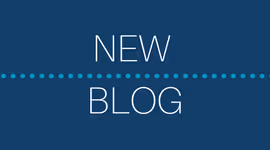
Mark Griffith, Head of Innovation at Elrha, wrote a blog which highlights the opportunity to learn from other, more innovative sectors. He highlights recent advances in pedagogy as an example.
This is at the heart of MiiHealth’s project, however it stemmed from a very practical need in the early stages of the Ebola crisis (2013–2016). The spread of Ebola in West Africa outstripped efforts to isolate and care for those affected, particularly in the hard to reach areas – urban slums like Bushrod Island and Westpoint in Liberia, and remote rural areas.
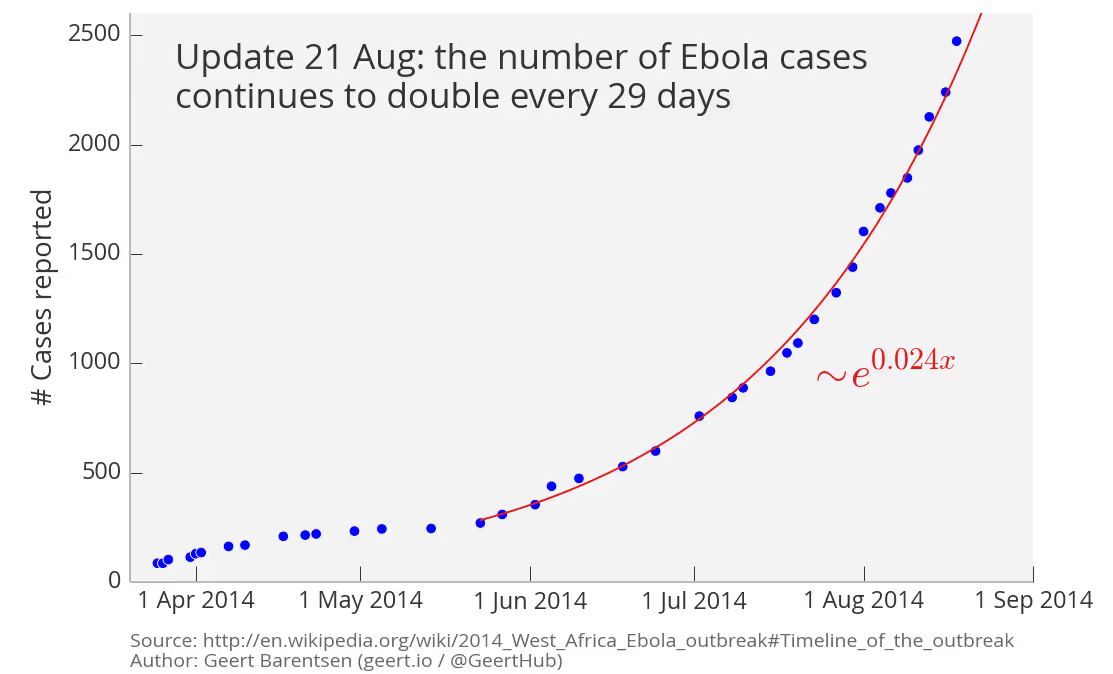
Above image: At the start of the outbreak cases of Ebola were doubling every 4 weeks far outstripping the capacity of traditional approaches to train up frontline health workers so they could keep themselves safe and keep serving their communities
A major community mobilisation was needed to reach out into these communities and train the people in their local languages and dialects about how to protect themselves and what to do if they are worried about the health of their families or community members. Creating the capacity to do that was vital to the region, but also to improving global health security once the outbreak was under control.
Report after report called on countries and organisations to use this crisis to improve the resilience of health systems across the region, and particularly to improve compliance with the International Health Regulations (IHR).
A critical emergency response capacity was to have a way of teaching these people how to care for a sick member of their family, how to clean up and disinfect, and most importantly how to protect themselves, their families and their communities, and if they do not have the resources they need to do this, know what they need and how to request it.
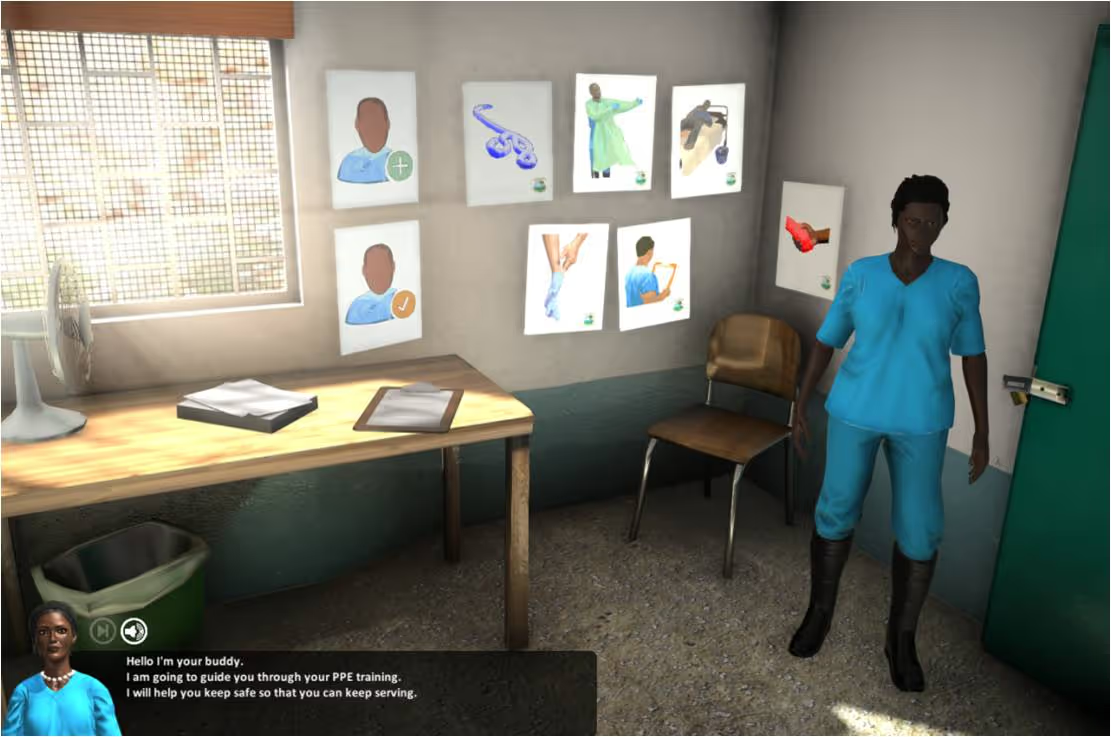
To make the training as accessible as possible it needed to be so visually rich that it was sufficiently intuitive to require no written explanation! It needed to be available in a format that would make it accessible throughout the region. It was important that it was customisable so that it could be introduced in any of the local languages or dialects, and finally it had to be updatable, eg as new WHO or MoH guidelines are released, or people using the materials on the front line come up with ideas regarding how it could be improved.
As the training was delivered, we needed to know who had used it; whether they had understood it; when they were completely familiar with the procedures; where they were most likely to make mistakes and how to strengthen those learning points. The context, language and voice needed to be relevant- familiar - and trusted. If protocols are not followed and people became infected they will quickly lose trust in the procedures they have been taught. If they are confident in their Personal Protective Equipment (PPE) and tools they have been given, they will provide better care. However good the PPE is that they have been issued, its protection depends on how well it is used.
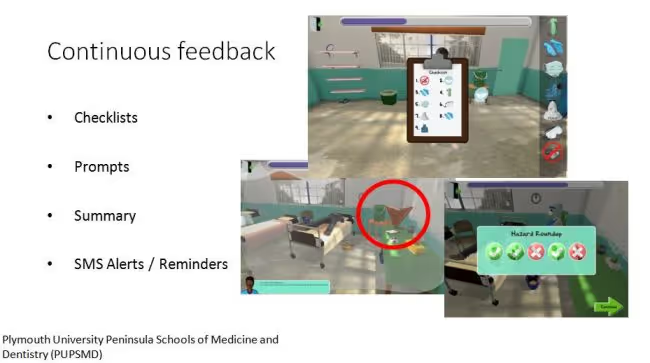
In the Education technology world, multi-lingual, multi-level interactive learning platforms such as Babbel (for learning languages), Mathswhizz (for maths) and Memorado (for brain training) have demonstrated the opportunity to learn without a physical teacher.
The games business has perfected the art of balancing challenge and reward to encourage players to progress from level to level. "Gamification", as it is known, is being applied to a whole range of online products - meaning that product designers can better anticipate and lead consumer behaviour.
Understanding reward systems and retention mechanisms (i.e. ensuring people return to the product) were key levers in building a product that can really drive on-the-ground behavioural change. Internet based training and mentoring also enables identification of how different people and groups respond to the training so that they can be provided with appropriate support.
Understanding user behaviour and motivation according to different use cases will further help refine the product: “Socialisers” will want social kudos; “Achievers” will want recognition on reaching new levels; “Explorers” will want to find new opportunities to learn. If these individuals and institutions can be identified in the context of programme such as that trialled during the Ebola response, then we will be able to create a far more innovative and effective response to this unprecedented challenge.
The challenge Ebola confronted us with was unprecedented, but at the same time we have never had such a rich array of resources that we could draw upon to transform how we go about training, sharing the knowledge from the frontline and empowering people across the region at the level of communities to take steps to help themselves. However, conservatism and tech scepticism prevailed and we were only able to pilot this approach. We are now looking for operational partners to build on our insights who are also excited by this area.
Nicholas Mellor is indebted to Simon Guild and Geoff Eaton for their insights in the development of this blog in the context of the development of ebuddi during the West Africa Ebola crisis.
Stay updated
Sign up for our newsletter to receive regular updates on resources, news, and insights like this. Don’t miss out on important information that can help you stay informed and engaged.
Related articles
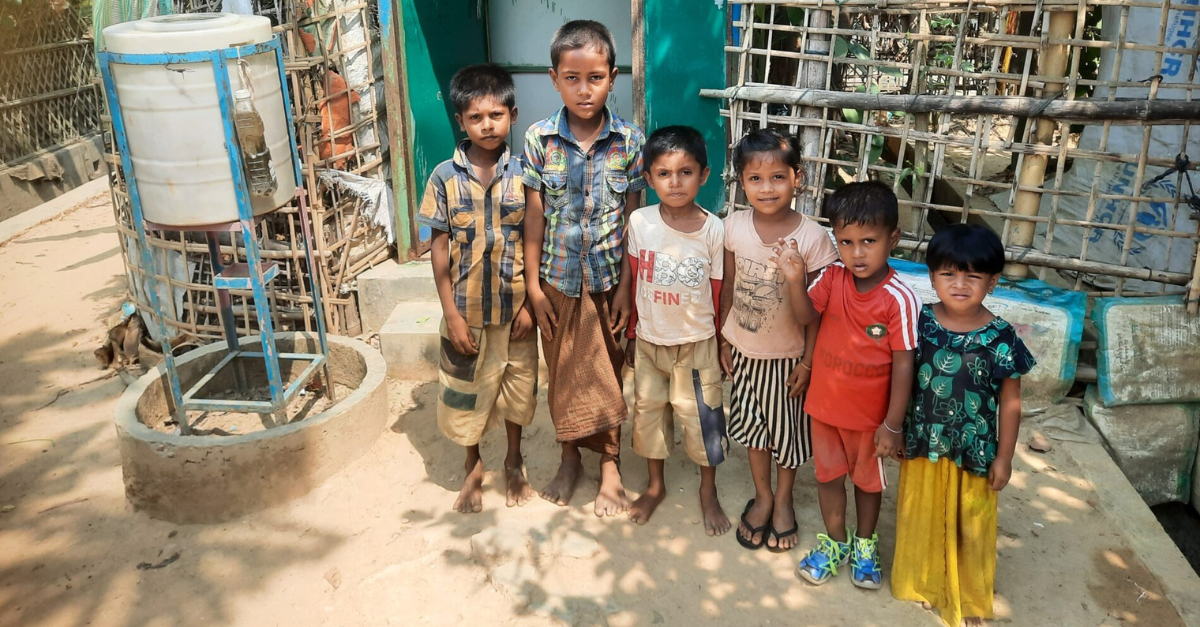
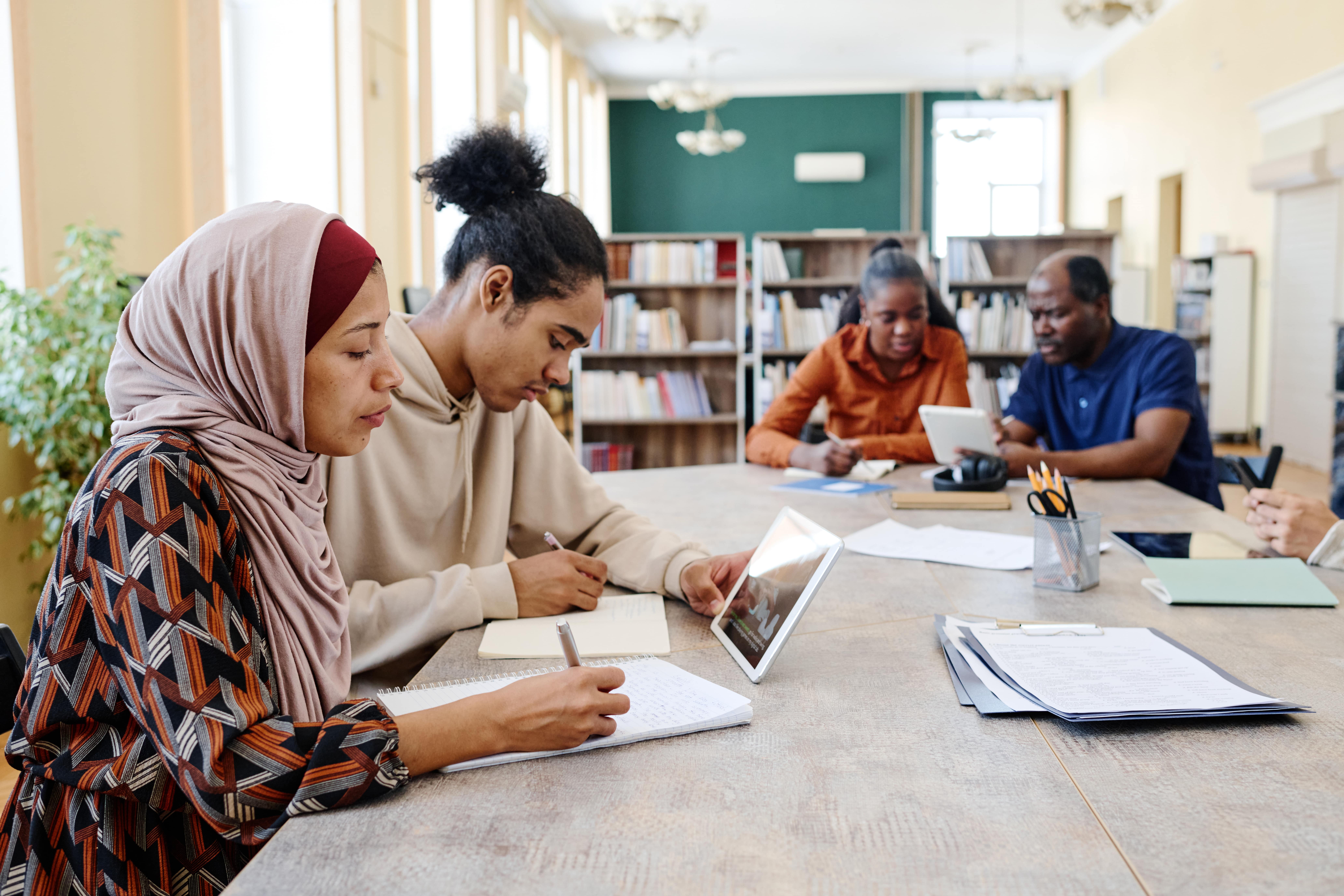
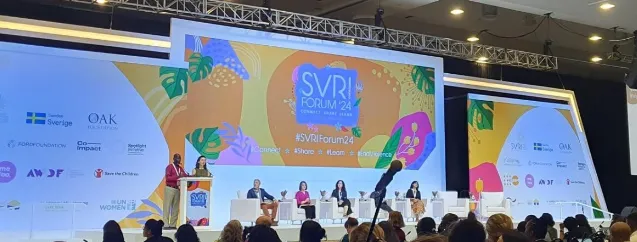
Explore Elrha
Learn more about our mission, the organisations we support, and the resources we provide to drive research and innovation in humanitarian response.